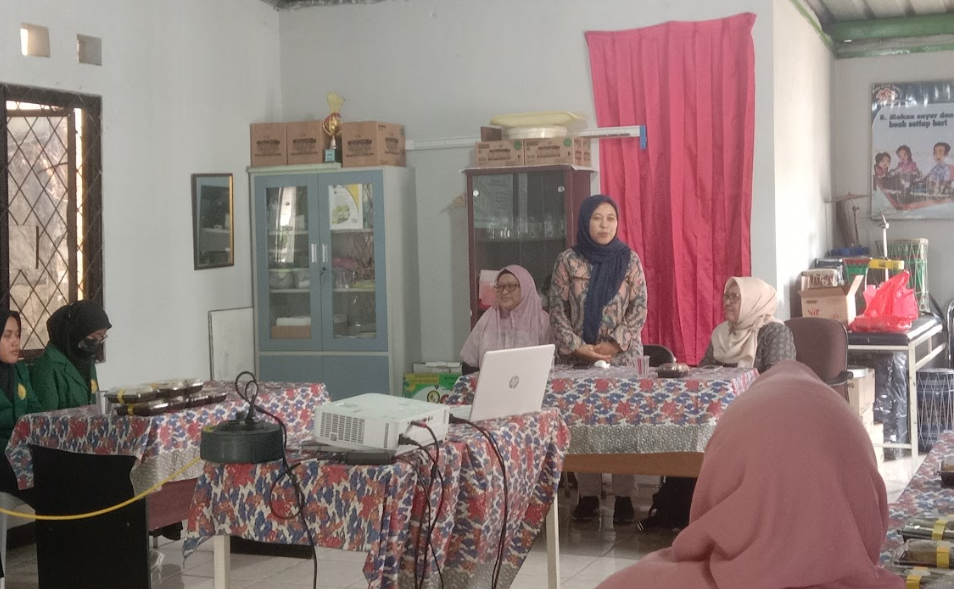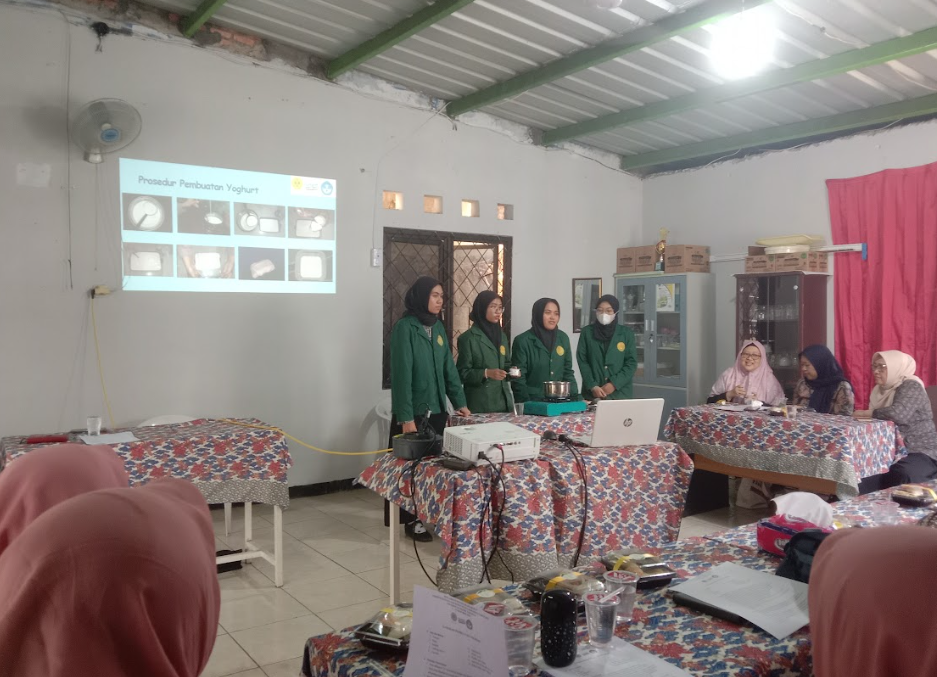
Based on the National Nutrition Survey (SSGI) data in 2022, the prevalence of stunting in Indonesia stands at 21.6%. This figure remains high, considering the target prevalence for stunting in 2024 is 14%, and the WHO standard is below 20%. Stunting is a chronic nutritional issue in toddlers that can lead to intelligence impairment, speech disorders, and learning difficulties. In the long term, stunting can escalate the risk of degenerative diseases, decrease productivity, and impact the quality of Indonesia’s human resources.
Stunting is caused by various factors, one of which is the lack of essential intake such as animal and plant-based proteins, as well as iron starting from before birth to after delivery, affecting infants born with inadequate nutrition, thus leading to stunted growth. To address this issue, providing animal protein, especially to children under 2 years old, is crucial. Numerous studies underscore the strong correlation between stunting and indicators of animal-based food consumption like eggs, meat/fish, and milk or its derivatives (cheese, yogurt, etc.). Unfortunately, per capita protein consumption remains relatively low. Data from Susenas 2022 indicates an average daily per capita protein consumption of 62.21 grams (above the standard of 57 grams), yet egg and milk consumption stands at 3.37 grams, meat at 4.79 grams, and fish/shrimp/squid/shellfish at around 9.58%. Addressing stunting is a national priority requiring a multifaceted approach involving economic, social, technological aspects, and collaboration among stakeholders, government, society, academia, and industry. As a contribution from academia to participate in the accelerated stunting alleviation program, the Community Service through Student Creativity Program (PKM KKN) by the “Nimbang Balita” group conducted an educational initiative for Posyandu cadres in producing supplemental food, namely yogurt. This collaboration involves the Departments of Physics, Chemistry, and Computer Science at the Faculty of Mathematics and Natural Sciences, Universitas Negeri Jakarta. The PKM KKN activities were carried out in November 2023. The educational session focused on the production of yogurt using various animal milk sources and different flavor variants. At the conclusion of the program, the Posyandu Cempaka cadres expressed keen interest in practicing yogurt production as a supplementary food option for toddlers.

